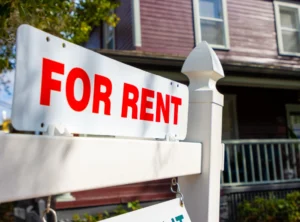The New Rules of Tenant Screening: Protect Your Rental from Fraud and Legal Risk
Watch the Webinar Recording Below:
Download the Slides
👉 Click here to download the presentation slides (PDF)
Join the American Apartment Owners Association – It’s FREE:
Need Tenant Screening You Can Trust?
👉 Click here to screen a tenant
Webinar Recap: The New Rules of Tenant Screening
In today’s rental market, landlords face growing challenges from tenant fraud and shifting legal requirements. During a recent webinar, The New Rules of Tenant Screening: Protect Your Rental from Fraud and Legal Risk, Alexandra Alvarado, Director of Education at the American Apartment Owners Association (AAOA), outlined strategies to help housing providers safeguard their investments while staying compliant with evolving laws.
The presentation highlighted common fraud tactics, such as applicants using fake Social Security numbers, altered pay stubs, or disputing rent-related collections to appear more qualified. To counter this, landlords were encouraged to verify multiple references, check metadata on documents, and use SSN fraud reports and address history checks.

Legal updates were another key focus. With more states and cities limiting the use of criminal records, capping application fees, and expanding source-of-income protections, including Section 8 vouchers, landlords must adapt their screening policies accordingly. For example, California’s new law requires landlords to consider alternative proof of financial responsibility beyond credit reports when screening voucher holders.
Alvarado also shared practical tools for reducing risk, from requiring renters insurance and reporting rent payments to credit bureaus, to using AAOA’s LeaseGuarantee program to recover lost rent. She emphasized the importance of setting objective, written criteria for tenant selection and serving adverse action notices consistently to reduce liability.
The session concluded with a reminder that while tenant screening is vital, it must be balanced with fairness and compliance. As regulations tighten and fraud becomes more sophisticated, landlords who adopt smarter screening practices will be best positioned to protect their rentals and avoid costly disputes.













 Accessibility
Accessibility